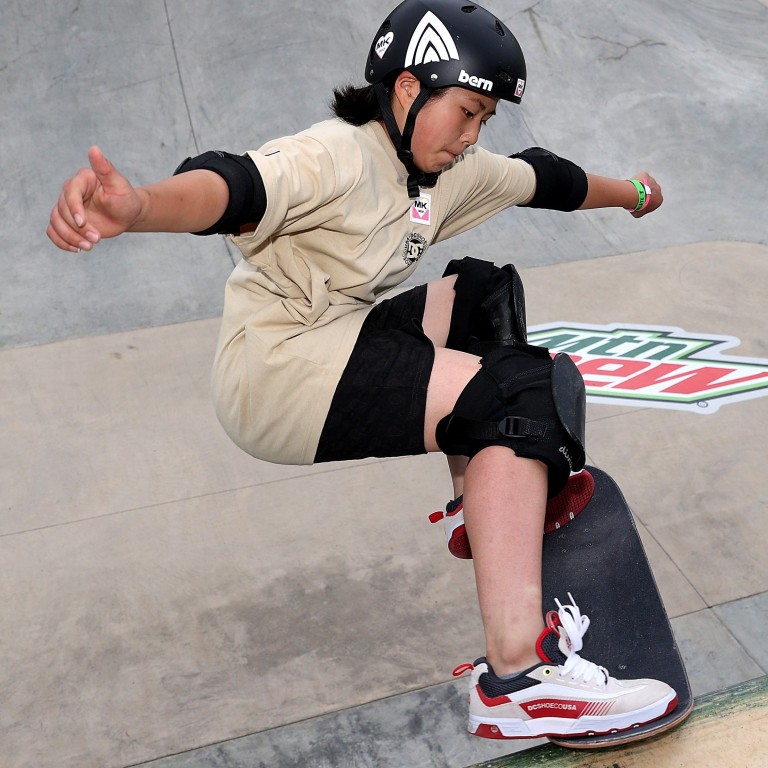
Tokyo Olympics: from surfing and skateboarding, here are the new sports to watch out for
- The Olympics is hoping to shake off its outdated image and please younger viewers by ushering in new medal events
- These include sport climbing and karate, while baseball/softball make a return for the first time since 2012
Our Tokyo Trail series looks at key issues surrounding the 2020 Olympics, which are scheduled for late July.
In the Tokyo 2020 Games this summer, the Olympics is hoping to shake off its outdated image and please younger viewers by ushering in new sports – along with their associated fan bases.
These sports are widely popular in Japan, of course. Under new IOC rules, host cities are allowed to propose one-off appearances in their event, so Tokyo did just that and the IOC gave them the green light.
“We want to take sport to the youth,” IOC president Thomas Bach said in 2016. “With the many options that young people have, we cannot expect any more that they will come automatically to us. We have to go to them.”
Here’s the lowdown on the new sports making their grand debut at the Games this year.
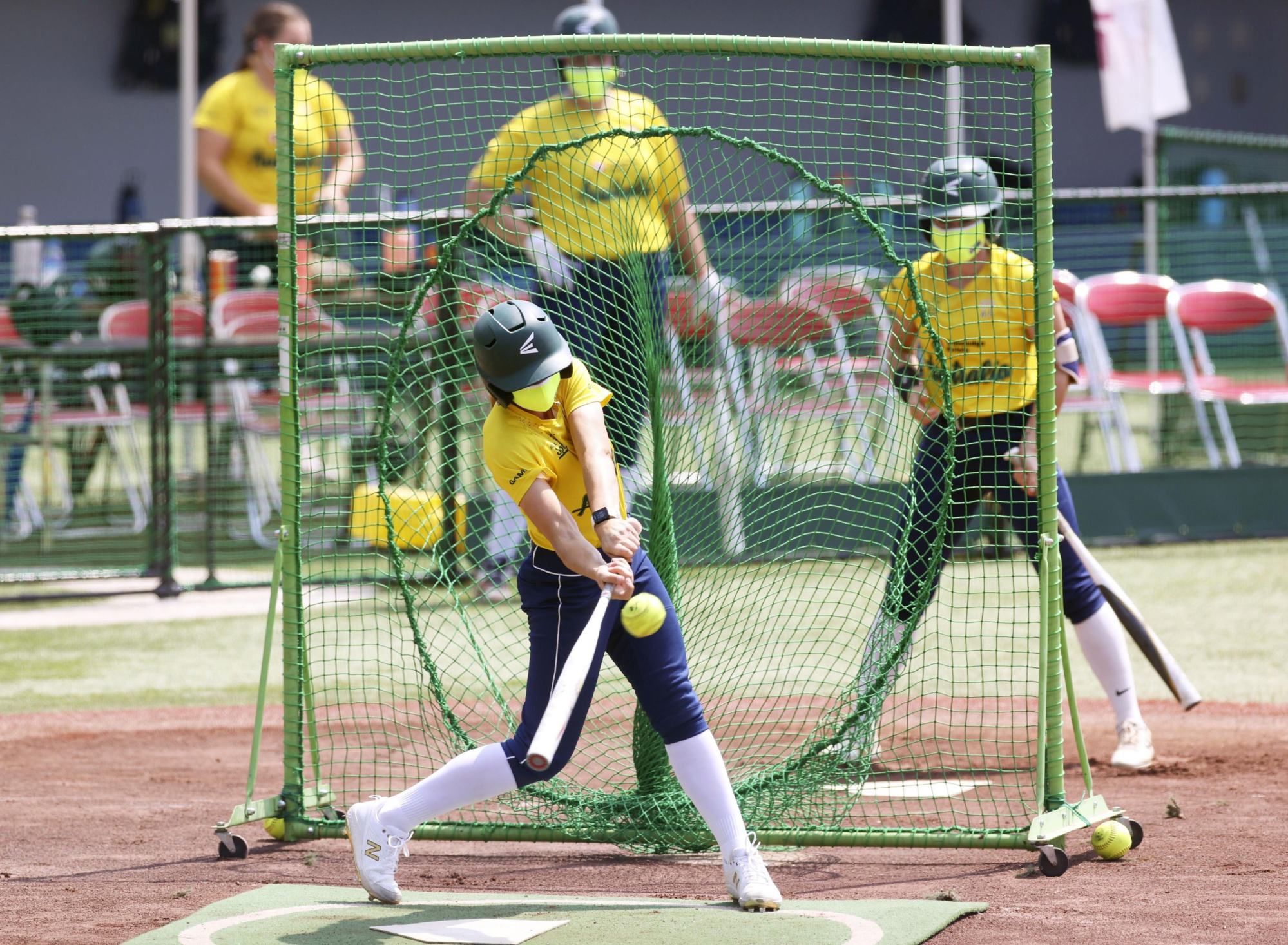
BASEBALL/SOFTBALL
Baseball and softball were removed from the Olympic programme in 2012 as the IOC said both sports were not widely played around the world, while the committee also pointed out that players from the United States’ Major League Baseball (MLB) were not involved.
Baseball was officially added to the Olympics as a men’s sport in 1992, while women began competing in the softball event in 1996. While largely similar, the key difference between both sports is in size of the field and ball, as well as the style of pitching.
Baseball and softball are popular in North and South America and East Asia, but less so across Europe. Moreover, the MLB – the world’s largest professional baseball organisation – has never paused its season for the Olympics, nor does it allow active players to compete, unlike Japan or South Korea’s professional leagues.
On home soil, Japan is eyeing a golden double for both Olympic events. Ace pitcher Yukiko Ueno, who led Japan to a gold medal at the 2008 Games in Beijing, will attempt to repeat her victory. Meanwhile, well-known pitchers Monica Abbott and Cat Osterman are putting their retirement plans on hold in an attempt to cement an American legacy in Olympic softball.
In baseball, former New York Yankees pitcher Masahiro Tanaka, who now plays in his home country of Japan, will represent his nation in Tokyo. Team USA will be represented by veteran players including outfielder Matt Kemp, infielder Todd Frazier and pitcher David Robertson.
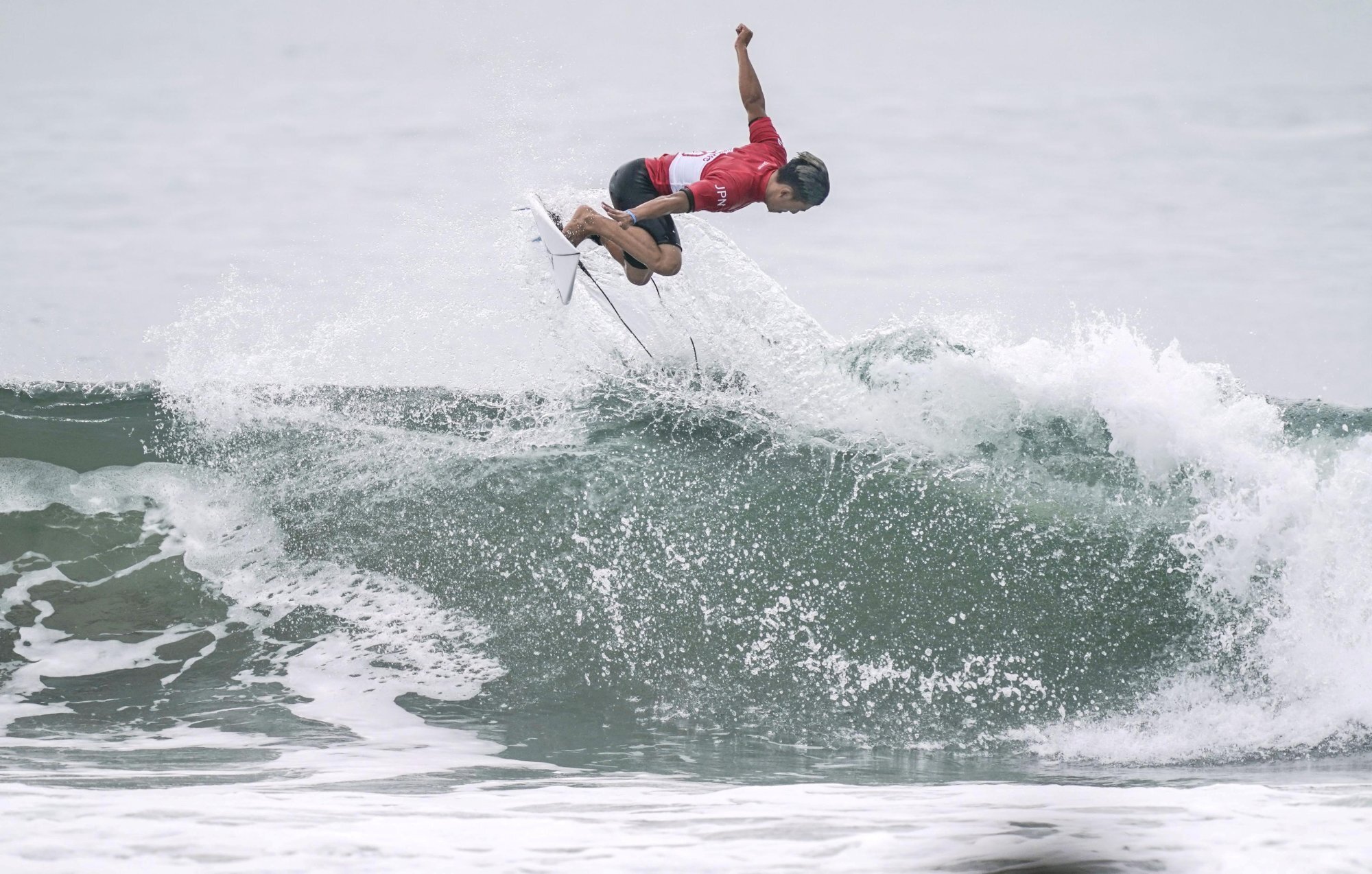
SURFING
A mix of world champions and rookie surfers will turn up at Tsurigasaki Beach, roughly 100km away from the Olympic Stadium in Tokyo, for the sport’s Olympic debut.
While surfers have not been impressed by the waves at the beach – finding them short, small and lacking in power – seven-time world champion Stephanie Gilmore from Australia maintains that nothing beats the magic of the ocean.
“I know Japan has beautiful beaches and they really want to show surfing in its most authentic form,” she said.
All eyes will be on decorated American surfers John John Florence and Carissa Moore, who respectively have two and four world titles.
But Brazil could topple the powerhouses that are Australia and the US. Their top surfers are double world champion Gabriel Medina and reigning title holder Italo Ferreira, who currently dominate the World Surf League rankings.
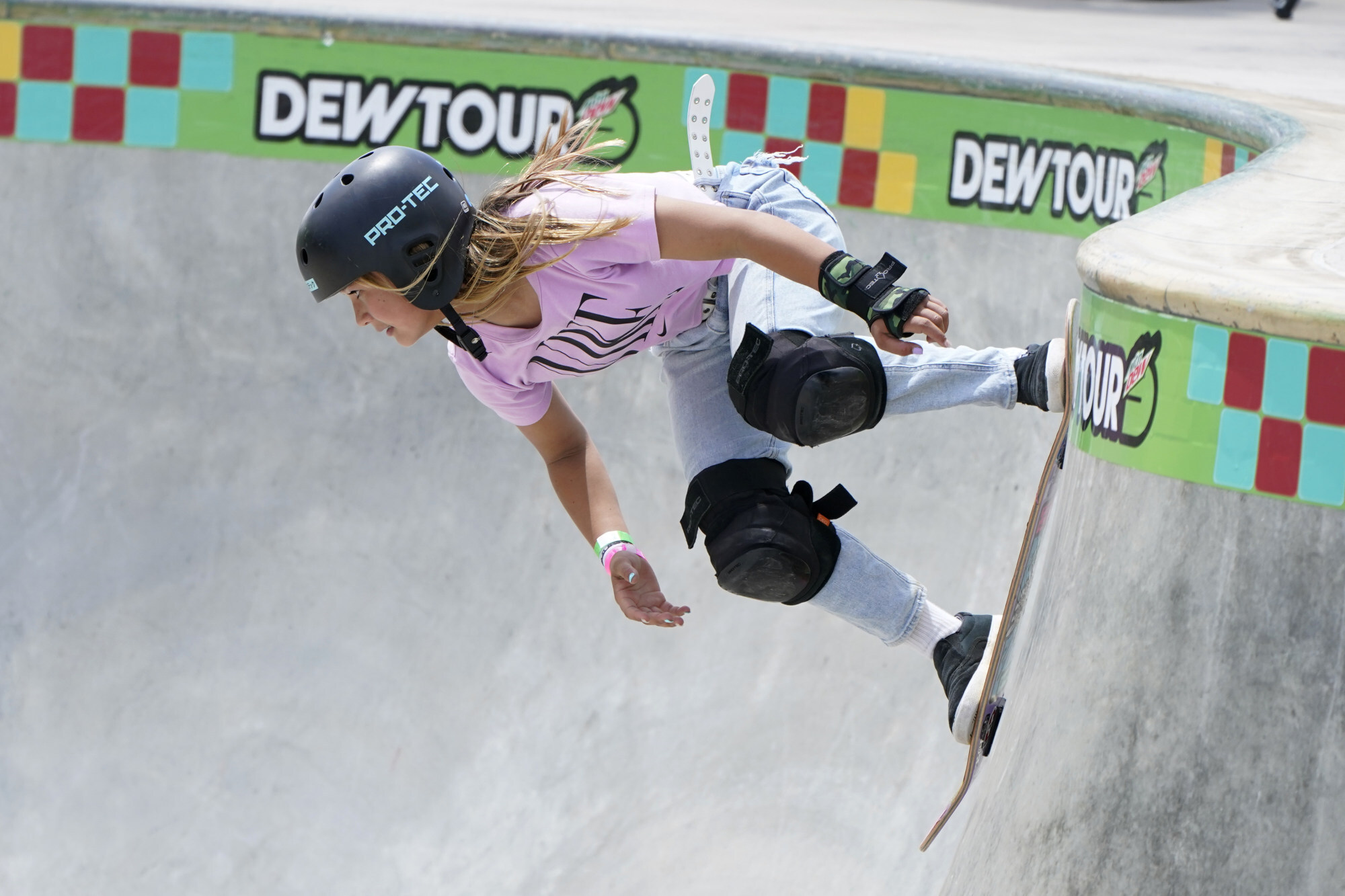
SKATEBOARDING
Half of the Ariake Urban Sports Park is designed to resemble skate parks in urban cities, with stairs, handrails, curbs and benches. This is the stage for skaters to compete in the “street” discipline, while the arena’s other half is dedicated to “park” skating, with giant concrete bowls for skaters to pull off mid-air tricks.
The sport’s most popular street skater is American Nyjah Huston, a 12-time X Games winner and five-time world champion. He will be challenging for a medal, as will Yuto Horigome of Japan.
Twelve-year-old Sky Brown will be representing Britain in the park event, going up against top-ranked female skaters Misugu Okamoto and Sakura Yosozumi of Japan. The men’s tournament is expected to be dominated by Heimana Reynolds and Tom Schaar of the US.
But it appears that the skateboarding community is less than pleased that their sport has been included, with pro skating legend Tony Hawk saying in 2019 that the Olympics needed skateboarding’s cool factor more than the sport needed validation from the Games.
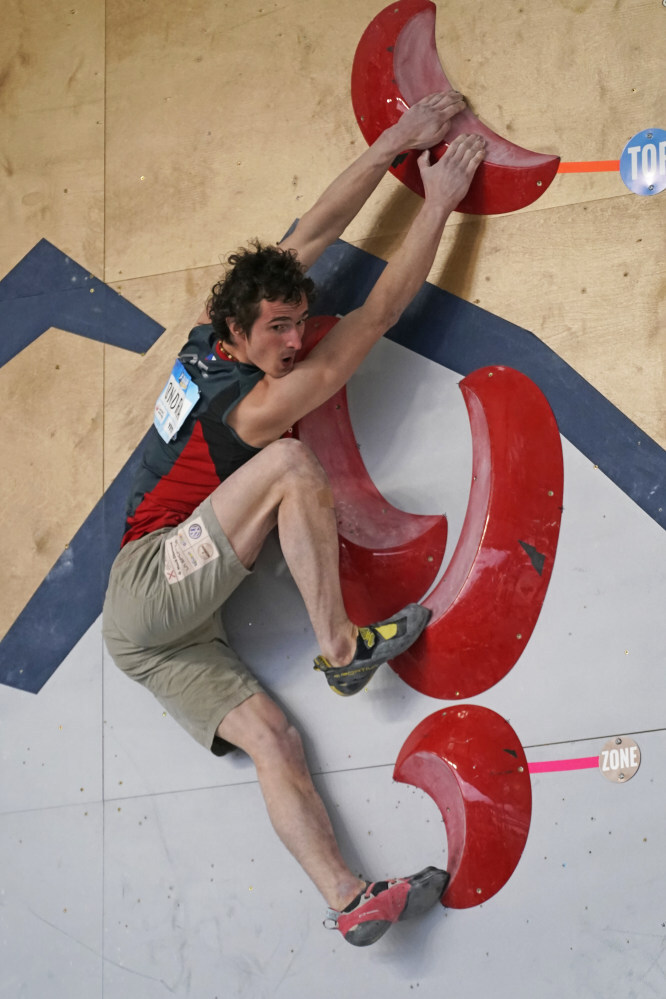
SPORT CLIMBING
One of the Games’ newest sports seems to embody the Olympic motto of “faster, higher, stronger”. Athletes compete in three disciplines – bouldering, lead climbing, and speed climbing.
In speed, climbers race up a standardised 15m-high wall, on which they can practice in advance. Bouldering sees athletes scale a fixed route on a shorter 4.5m wall without safety ropes. As for lead climbing, they have six minutes to get as high as they can up a 15-20m wall.
The climbing world has also been ambivalent about the Olympic debut of their sport, with some athletes pointing out that they must take part in all three disciplines when most only train in one or two.
The inclusion of speed climbing also caused unease. “The fact that you can climb in five seconds or six seconds has nothing to do with climbing,” Czech climber Adam Ondra, who will be competing in Tokyo, told The New York Times last year. “It’s a circus.”
Ondra is the world’s best climber and the first to climb “Silence”, the route in Norway that has been described as one of the world’s hardest. To rival him, Japan is counting on three-time world champion Tomoa Narasaki, who can adroitly handle all three disciplines.
On the women’s side, multiple world champion Janja Garnbret from Slovenia is expected to dominate. As she says: “When I am on the wall, nothing else matters.”
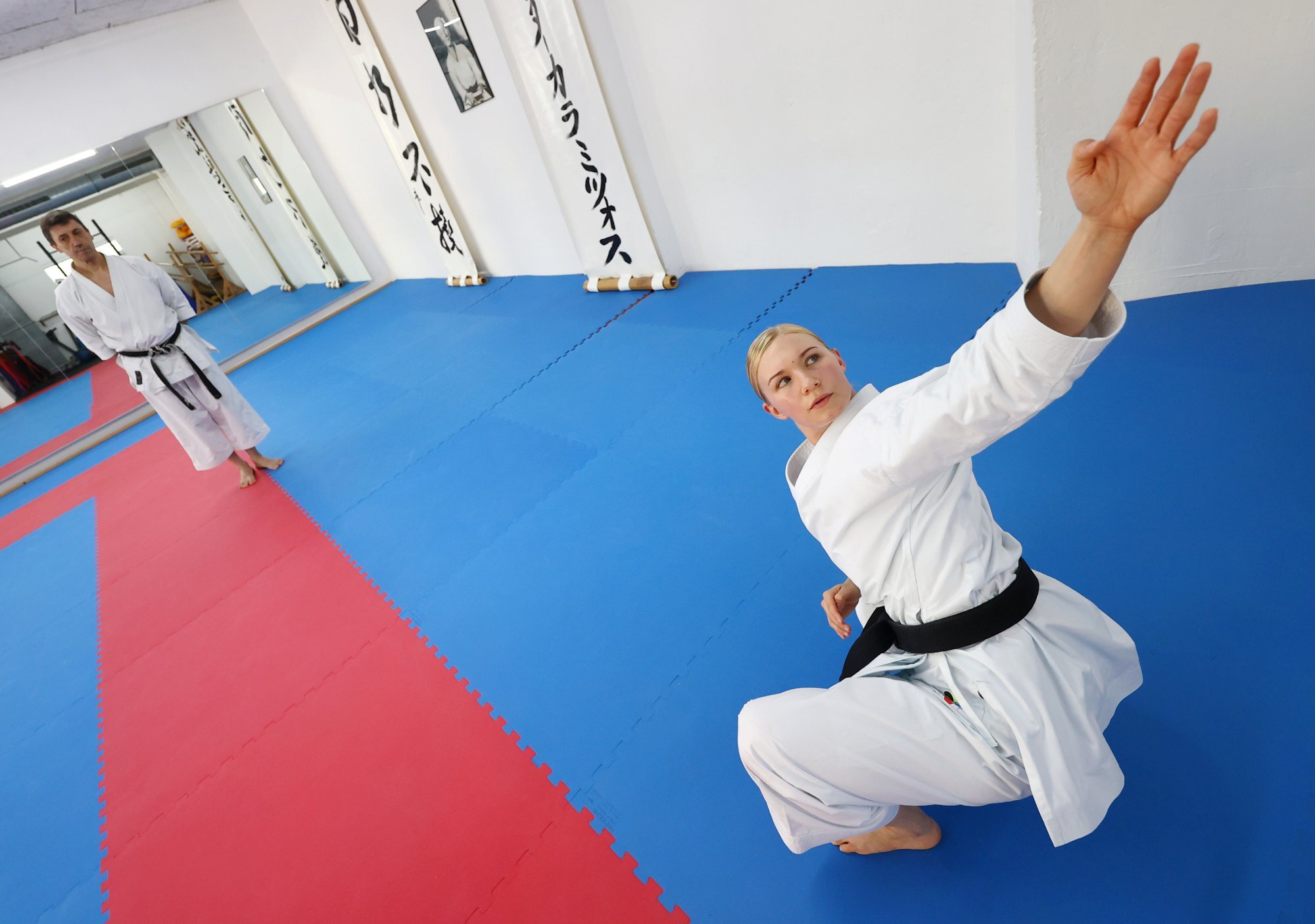
KARATE
The quintessential Japanese martial art of karate will feature two events: kumite (combat) and kata (forms).
Kumite involves competitors facing off against each on a mat, trying to land strikes, kicks or punches on their opponents to score points. Kata, on the other hand, will see athletes demonstrating self-defence movements that are judged based on technical performance and athletic display.
Home fans will be rooting for their kata sensation Ryo Kiyuna, who is said to have studied the eye movements of lions and tigers to evoke fearsome expressions in his performance. “I will train 365 days a year,” the three-time world champion told local media.
Tipped to win the women’s division is Spain’s Sandra Sanchez, the reigning world kata champion. She will take on Japan’s Kiyou Shimizu for the sport’s first-ever Olympic title.
NEW EVENTS ADDED TO EXISTING SPORTS
In a move towards gender equality, the Tokyo Games will see mixed teams compete in sports such as swimming, judo, shooting, archery and the triathlon, while there will be mixed doubles in table tennis.
Meanwhile, 3x3 basketball and BMX Freestyle will also be added as an Olympic event for men and women.
A popular urban team sport, 3x3 basketball is played on a half court with two teams of three players each. The team that scores the most points after 10 minutes, or the first to reach 21 points, wins.
As for BMX Freestyle, riders will perform stunts in an event separate from BMX racing, which has been an Olympic event since 2008.











